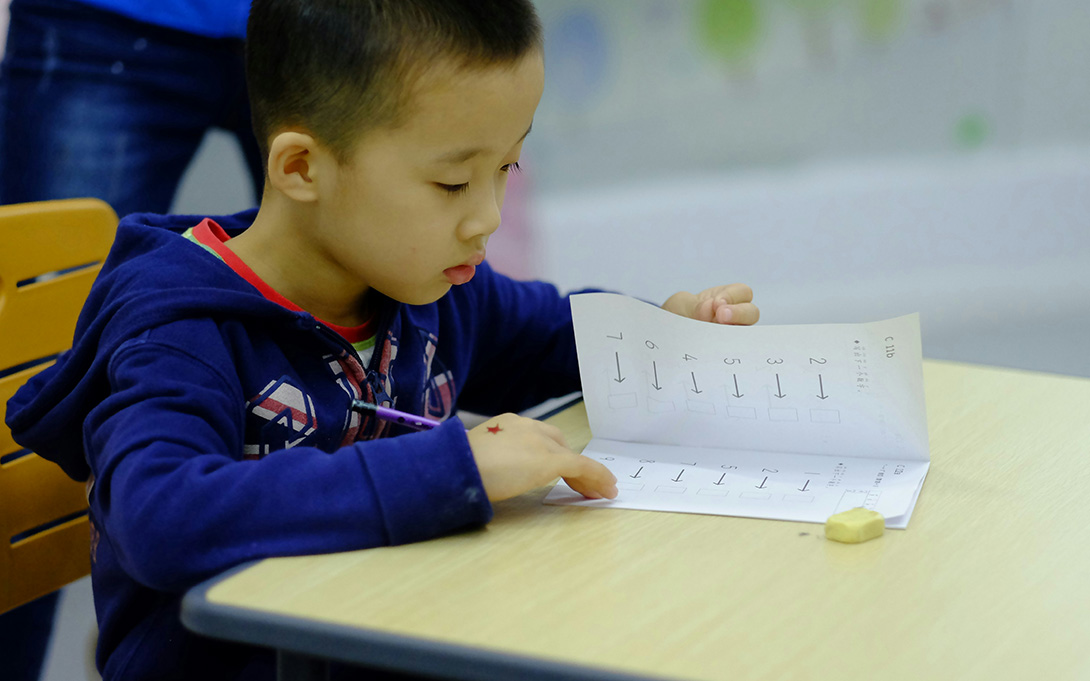
Understanding Mathematics Instruction in Kindergarten
Kindergartners’ math skills predict later academic outcomes. However, we know little about kindergarten mathematics instruction. Using data from 182 classroom observations in a large urban district, we explore time spent on mathematics and math content coverage. We also examine two underinvestigated aspects of kindergarten math instruction: (1) whether math is incorporated into other subjects and (2) math pedagogy. We focus on schools serving students from households with lower income and include a small higher-income comparison sample.

Key findings
We find that kindergartners in schools serving students from households with lower income experience more whole-group math instruction and have fewer opportunities to use manipulatives in math. Kindergartners in schools serving students from households with higher incomes are exposed to more math during other subjects. In math, kindergartners across contexts experience cursory reviews of key ideas, rarely have scaffolded instruction, and instruction is not differentiated for students based on their performance or skills.
Publication: The Elementary School Journal
In-depth observations provide a more detailed and nuanced understanding of different means through which inequitable experiences in the classroom occur in kindergarten.
PAGE 21

